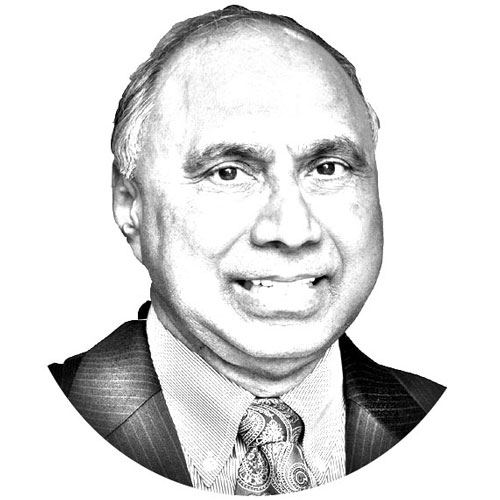Frank F Islam From The US
WITH the Covid-19 caseload reaching a new peak around the globe in the beginning of December, there was a sigh of relief on December 8 when the rollout of a coronavirus vaccine developed by American drug manufacture Pfizer and Germany’s BioNTech (Pfizer-BioNTech vaccine) began in the United Kingdom’s 50 hospital hubs as part of the largest immunization program in British history. On December 11, the United States Food and Drug Administration authorized emergency use of the same vaccine to halt the pandemic march in the U.S. which has already killed more than 300,000 Americans. The first doses were administered beginning on 14 December. It is heartening to see the launch of the vaccine roll-out. It is disturbing, on the other hand, to hear the warning from a group of organizations calling themselves The People’s Vaccine Alliance (Alliance) that, unless there is collective corrective action by governments and the pharmaceutical industry, in nearly 70 poor countries only 1-in-10 people will be vaccinated in 2021. In its announcement warning of the Covid-19 supply problem, the Alliance highlighted that there were more than 1.5 million positive coronavirus cases in five countries: Kenya, Myanmar, Nigeria, Ukraine and Pakistan.
Here is where Pakistan stands today in terms of the impact of and dealing with the Covid-19 pandemic. As of 15 December 2020, there have been a total of 443,246 positive cases and 8,905 deaths attributed to the pandemic. Plans are being prepared in Pakistan and progress is underway for the rollout of the vaccine to address this condition. From reports, it appears that the rollout will begin in the first quarter of 2021 and accelerate in the second. Pakistan had originally allocated a fund of $150 million to purchase the corona vaccine. Parliamentary Secretary of National Health Services Nausheen Hamid recently told the media that the allocation for vaccine purchase had been enhanced to $250 million.” According to the Parliamentary Secretary Hamid, Pakistan “Will sign a purchase agreement with more than one company to ensure that we get a vaccine”. The vaccines could come from a number of sources and countries including the US, Russia, and China. Pakistan is working on multiple fronts to secure the financial support and the international cooperation and assistance which will be essential over the upcoming months to secure an adequate supply of Covid-19 vaccines. It is reported that Pakistan has requested funding from the World Bank of $153 million for advance purchase of the vaccines.
Pakistan is aligned with Gavi, the global vaccine alliance, through which it hopes to receive free COVID-19 vaccine doses. Dr Malik Mohammad Safi, Director General for health at the Ministry of National Health Services, is reported as saying that the vaccine from Gavi will immunize 20 percent of the Pakistan population. And, the Asian Development Bank (ADB) has approved a $9 billion Covid-scheme to assist member states in purchasing vaccines. Pakistan is likely to get a boost from ADB’s funding in purchasing vaccines. One of the things that Pakistan and other similarly situated countries can do to accomplish this is to invest, promote and develop research facilities and human resource capabilities (HR) in biotechnology and related fields. Pakistan currently is deficient in areas such as stem cell research, vaccines, DNA, and high technology that are necessary for self-sufficiency in the fields of medicine and biotechnology. This is true on the HR side as well Academia, industry and others in Pakistan need to form partnerships and reach out to experts around the world to put a process in place to bring its HR practices up to international standards. This will ensure that Pakistani practitioners have the knowledge, skills, abilities and access to the information and resources they need to provide high quality medical services. In closing, this Covid-19 global pandemic has united the countries of the world in their suffering. The need now is to turn that suffering into a pivot point to provide all of the people of the world with access to a Covid-19 vaccine in the near term and access to world class health care as quickly as possible in the future.
—The writer is an Entrepreneur, Civic Leader, and Thought Leader based in Washington DC.










